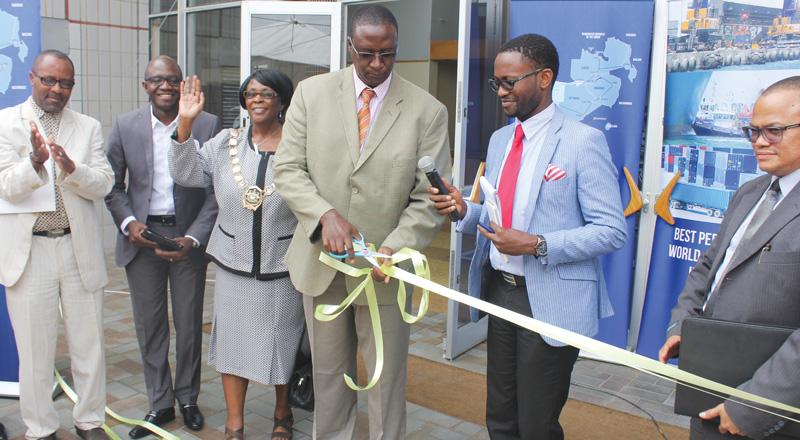
Science Commission hosts consultation workshop on draft National Indigenous Knowledge Systems policy

The National Commission on Research, Science, and Technology (NCRST) Chief Executive Prof. Anicia Peters on Tuesday addressed stakeholders from across the country on the Review of the Draft National Indigenous Knowledge Systems Policy at a stakeholders consultation workshop in Windhoek.
The purpose of the two-day workshop is to provide a platform for stakeholders to share their expertise, knowledge, and insights on the integration of indigenous knowledge systems into national development plans, research, and developmental and educational programmes.
“During this workshop, we will explore the nexus between indigenous knowledge and education, science, and technology. We will also examine the best practices for the preservation, promotion, and development of indigenous knowledge in Namibia,” Peters said in her welcoming remarks.
According to her, indigenous knowledge systems are a critical part of “our cultural heritage and identity.” It encompasses knowledge, practices, and beliefs developed over time, passed down from generation to generation, she added.
“This knowledge is deeply rooted in our traditions and customs and is a source of resilience, innovation, and creativity. Indigenous knowledge systems play a vital role in various fields, including agriculture, healthcare, environment, and natural resource management,” the Chief Executive noted.
Since 2006, in Namibia, there has been a cabinet resolution to develop a national policy framework on indigenous knowledge systems – the IKS policy for Namibia. Meanwhile, under the Ministry of Higher Education, Technology, and Innovation, the NCRST developed a draft IKS Policy in 2016.
Peters, however, said that due to several factors, this policy “took quite long” to approve. She also emphasised that the impact of this policy cannot be overstated.
“It has the potential to promote inclusive and sustainable development, foster social cohesion, and promote the well-being of our communities,” she pointed out, adding that by recognizing the value of indigenous knowledge systems, the government can create a more inclusive and equitable society, where everyone’s knowledge and contributions are valued.
Moreover, Peters said she was thrilled that numerous stakeholders from various sectors joined the consultation workshop in person and online.
“I urge all stakeholders to actively participate in this workshop and contribute to the development of this policy. Your input will shape the future of indigenous knowledge in Namibia,” she said.
The Commission indicated that they organised this workshop to discuss the way forward and shape the future of indigenous knowledge in Namibia.
IKS as a multi-sectorial matter is cross-cutting within the different mandates of the government’s officies, ministries and agencies. Therefore, its implementation requires a thoughtful approach anchored differently at various levels and institutions, according to the Review of the Draft National IKS policy.
“We will begin with an overview of the current status of the national indigenous knowledge systems policy in Namibia. We will then discuss the guidelines for the integration of indigenous knowledge systems into national development plans, research and development, and educational programs. We will also examine the best practices for the preservation, promotion, and development of indigenous knowledge in Namibia,” she said.
Dr. Lisho Mundia, Director of Research and Innovation, Ministry of Higher Education, Technology and Innovation (MHETI), said local ethnic identity is stronger than national identity, with 75% of Namibians feeling much stronger ties to people of their ethnic group than fellow compatriots of other ethnic groups.
He added that “without a doubt, a lot of IKS is embedded” within these strong ethnic and cultural practices. As such, we must consider these practices to develop an inclusive Policy as far as possible, he said.
However, he said that it must be noted that local knowledge about natural resources that may be of use to communities, including medicinal plants, is becoming increasingly important globally.
According to him, this knowledge is important for the participation of indigenous peoples in the conservation and maintenance of indigenous forests, in addition to the frequent use of these resources in the treatment of common ailments and diseases.
 Pictured in Windhoek are stakeholders from across the country at the opening of the stakeholders’ consultation workshop on the Review of the Draft National Indigenous Knowledge Systems Policy.
Pictured in Windhoek are stakeholders from across the country at the opening of the stakeholders’ consultation workshop on the Review of the Draft National Indigenous Knowledge Systems Policy.










































